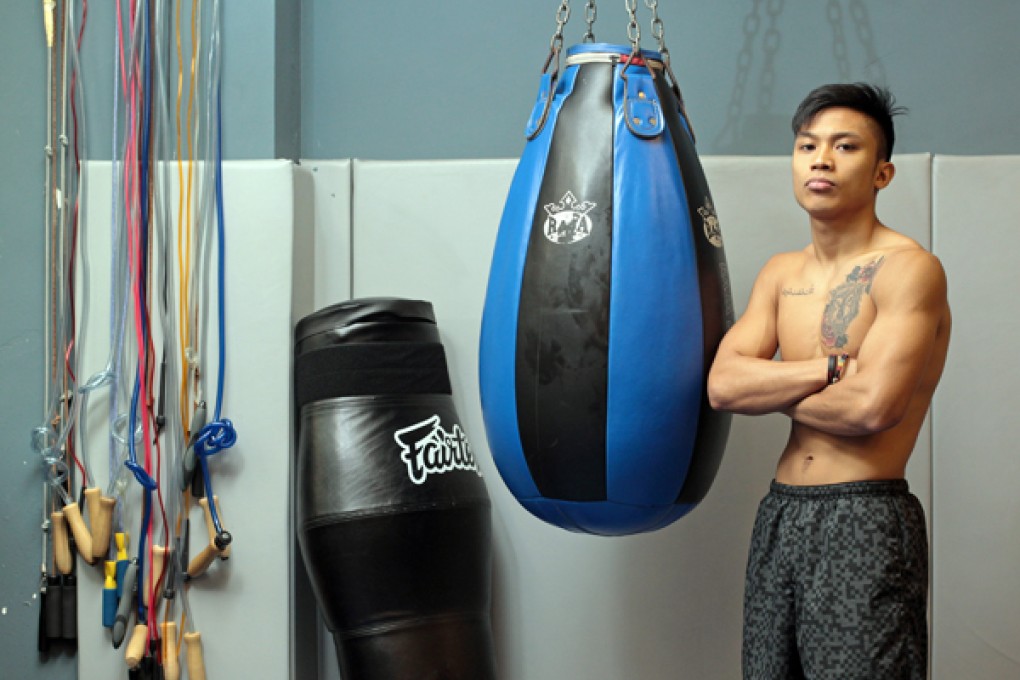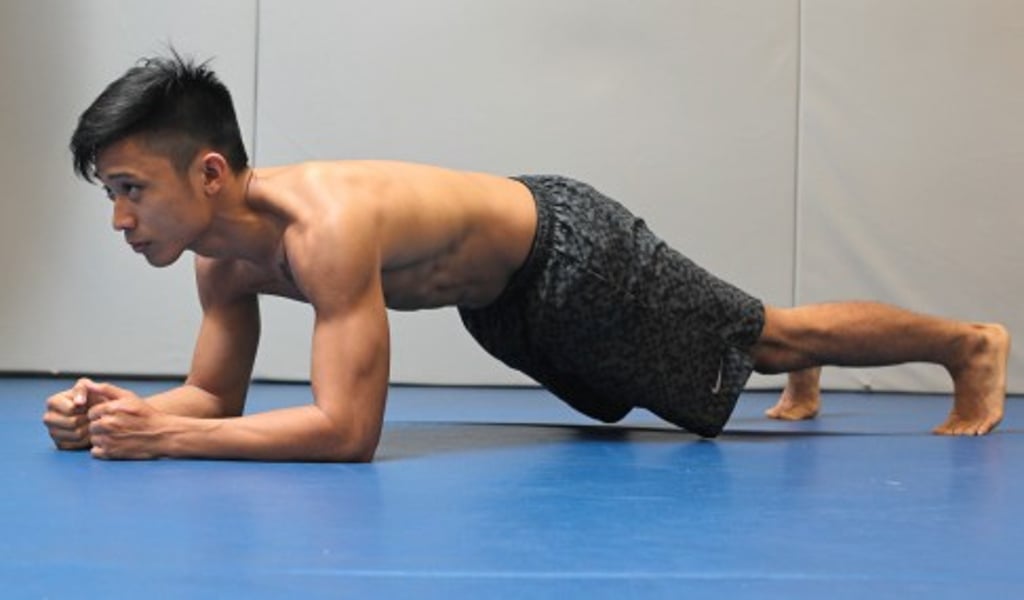No money? No problem! A professional's guide to getting a free workout at home
Most students don't have the time or cash for gym memberships, so we spoke to a personal trainer for some tips on how to replicate the effects from the comfort of your dorm

When you're trying to fit a job, classes and a social life into every week, working out can take a back seat. We asked Mike Dacuno, a professional Muay Thai fighter and trainer at Versus Performance in Hong Kong, for some advice.
"Most students are constantly at school or doing extra-curricular activities," says Dacuno. "Knowing how to exercise at home saves time, and it gives you a chance to train whenever."
Training without equipment - known as bodyweight training - is great for fitness newbies who don't have the time or money to hit the gym regularly. And the exercises Dacuno, recommends don't take up a lot of space either.
"In bodyweight exercises, you're using your own body weight," Dacuno explains. "It's an ideal alternative to weight training if you don't have access to equipment. These exercises are very basic and they work major muscle groups like your arms, legs, and core.

Even though the moves are basic, it's still very important to get your posture right. "Good posture helps you build a solid foundation for your training," he says. "If you develop bad positions, that's just going to lead to muscle imbalances and, later on, injury."